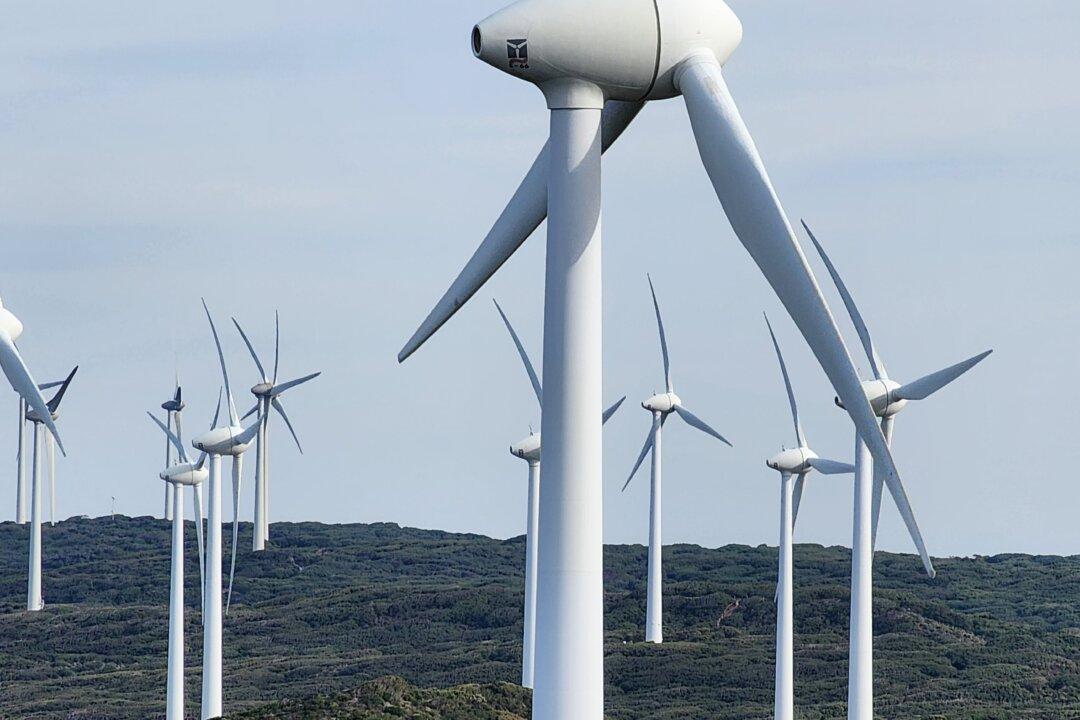New modelling has shown that it will cost Australia around $5 trillion (US$3.32 trillion) to achieve a net zero energy transition for the domestic market alone.
University of Melbourne Professor Michael Brear, who is also director of the Melbourne Energy Institute, outlined the total costs of the renewable energy transition for different scenarios in his submission (pdf) to the Select Committee on Energy Planning and Regulation in Australia.





